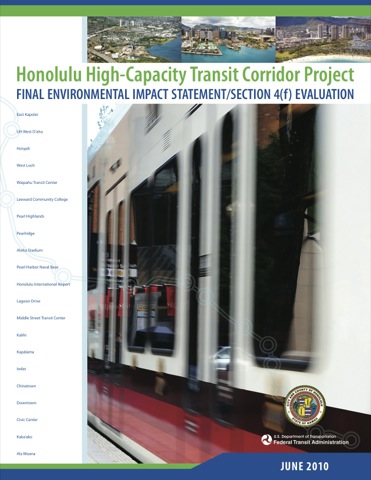In Oregon’s primary election this past Tuesday, Andy Stahl, who frequently comments on this blog, lost his bid to become Lane County (Oregon) commissioner. It is hard for me to tell this story, as I am one of the reasons he lost.
His opponent was Pete Sorenson, a four-term incumbent. I’ve known Pete for about as long as I’ve known Andy (meaning 35 years), and while I can’t say we were friends, we were always friendly. In the late 1970s he worked for Oregon Congressman Jim Weaver and I worked (as a very low-paid consultant) for the Oregon Wilderness Coalition (now Oregon Wild) helping Weaver’s staff justify their boss’s support for wilderness even though he represented the congressional district that cut more national forest timber than any other.
In the early 1980s, Sorenson went to the University of Oregon law school, and I frequently saw him on campus when I was studying economics. Over the next several decades, we would meet at conferences or bump into each other in Eugene and exchange war stories about various environmental issues. When I started proposing free-market reforms of the Forest Service in the late 1980s, he always listened politely and expressed sympathy with my growing fiscal conservatism.
Recently, however, Pete got in trouble over Oregon’s open meetings law. Apparently, he and one or two other county commissioners conspired to make certain budgetary decisions in private against the advice of the county attorney. In a sharply worded decision, an Oregon judge found that Pete and another commissioner “willfully violated” the law, though he found the third commissioner innocent. Neither of the guilty commissioners ever expressed any contrition or remorse, instead insisting they were being persecuted as the most liberal members of the commission.








